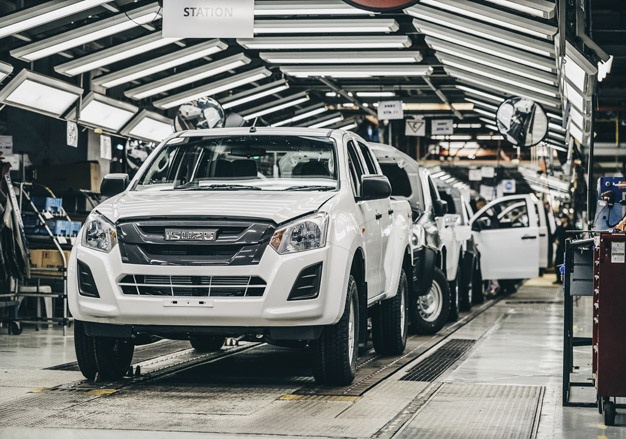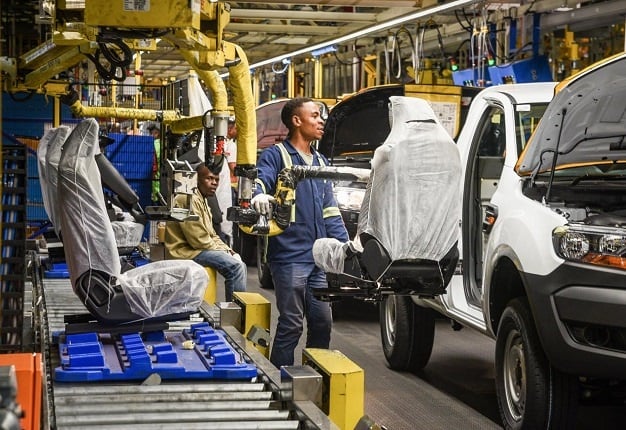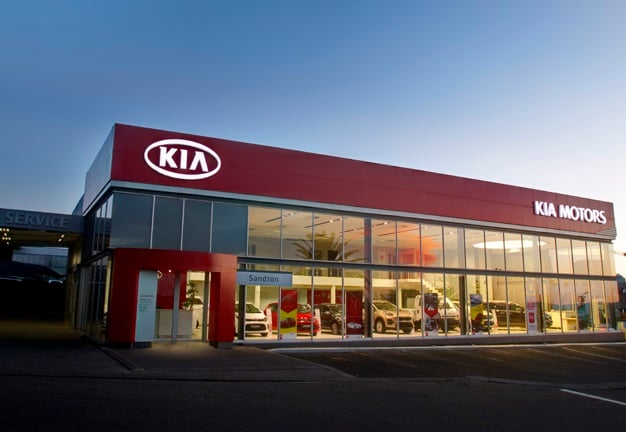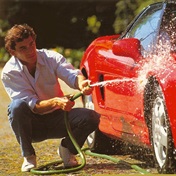In a world at crisis, South Africa desperately needs to restart its economy.
Without harvesting, manufacturing, trade and servicing, the country will simply run out of money. If South Africa Inc doesn't start generating some tax revenue soon, the government will be unable to support the sick and poor, in a post-lockdown reality.
Business is desperately lobbying and negotiating with the government to safely resume as much industry activity as possible. Level 4 is set to become our new normal, especially for the country's most industrialised cities, and not all businesses are going to be allowed functionality at this new state of alert.
Why heavy industry needs wheels
The automotive sector is vitally important to South Africa. Both private and public transport in South Africa is almost exclusively by vehicle, instead of by rail. Even South Africa's logistics network is powered by diesel bakkies and trucking, to a much more significant proportion, than diesel-electric trains.
As heavy industrial sectors of the economy open, such as mining and agricultural food processing, trucks and bakkies will provide nearly all the links for moving assets and staff. You can't operate a mine or farm without bakkies or trucks. Reopening automotive dealerships and suppliers, to provide service support, is therefore entirely logical.
Do you think the automotive industry should re-open in under level 4 status, or later? Email us.
Image: QuickPic
This would be the worst possible time for bakkie or truck fleet managers to be prevented from acquiring crucial spare parts or service items. Every hour of downtime in heavy industry at Level 4, will cost the country valuable export revenue and even more jobs.
Industries which earn a foreign income should be prioritised in the early stages of government's post-lockdown strategy. Those are primarily mining and agricultural exports. Reopening automotive dealerships, to provide service support, is logical.
Balancing the payments
One of the few foreign investment strategies which have shown any growth and job creation in South Africa over the last decade has been automotive assembly.
BMW, Ford, Nissan, Mercedes-Benz, VW and Toyota have huge investment amounts of fixed capital in their South African automotive assembly facilities. This has allowed small business into the automotive supply chain and created a great many new jobs.
These core automotive production assets deliver products to a global market and earn South Africa a vital income stream of hard currency Dollars and Euros, which help the country with its balance of payments.
Automotive assembly lines can easily practice superior social distancing between employees, compared to mines, with their narrow lift shafts and confined underground working conditions. If mines can run at increased capacity under Level 4, the automotive assembly should be afforded a similar privilege.
Image: Quickpic
Consumers have the right to conserve their assets
There will be no easy money made in the local automotive retailing industry this year. All the sportscar glamour and new car happiness will be replaced by survivalist downsizing. But a robust automotive industry is crucial to South Africa’s economy.
Some people might question why dealerships must open soon after lockdown, but the reality is that service and sales are contained in single premise business entities. Those backroom staff at the dealership, the service specialists, are now very much frontline workers, who are crucial in getting the gears and wheels of South Africa's economy moving again.
The government might wish to stop the movement of people, but goods and specific technical skills need to start flowing: and that implies motorisation. Healthcare and technical service workers, who have been travelling their usual commuting distances during the lockdown, have every right to scheduled service intervals.
Kia Motors in Sandton, Johannesburg. Image: Kia SA
For many South Africans, their cars are a significant monthly investment and missing service schedules, or overrunning components and then risking failure, is an easily avoidable scenario. Dealership service areas are hardly a terrain of close social herding.
South Africa is a big country. Vehicles make it work. Government needs to realise there will be no rebuilding, without allowing the automotive industry to innovate and function in a testing new environment.
Disclaimer: Wheels24 encourages freedom of speech and the expression of diverse views. The views of contributors/columnists published on Wheels24 are therefore their own and do not necessarily represent the views of News24 or Wheels24.




 Publications
Publications
 Partners
Partners














